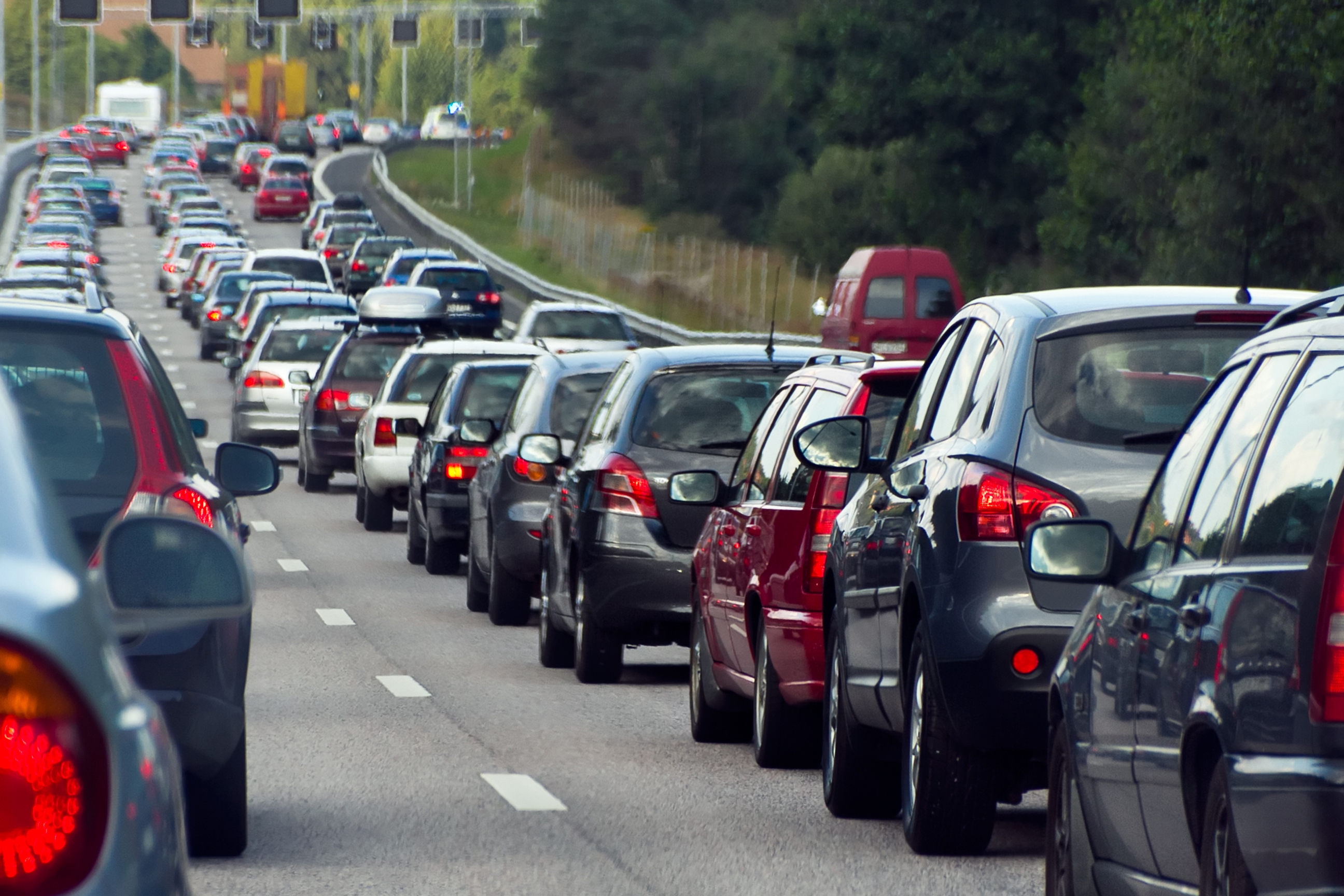The benefits of self-driving cars include safer roads, less energy consumption, and a decrease in pollution levels. However, the convenience of autonomous vehicles may actually increase the time people spend in their vehicles, which will affect traffic levels.
According to researchers from the University of Michigan, the AV benefits “could partially or completely offset the potential energy-saving benefits that automation may provide.”
“The core message of the paper is that the induced travel of self-driving cars presents a stiff challenge to policy goals for reductions in energy use,” Samuel Stolper, assistant professor of environment and sustainability at U-M School for Environment and Sustainability, explained.
Stolper and his colleagues examined the “rebound effect” in which people who save money on travel wind up travelling more, which can offset any benefits provided by autonomous driving.
Self-driving vehicles save more than just fuel. They can save people time and allow them to do other things in their cars instead, such as work, sleep, read, watch movies and have sex.
The Michigan study is the first to analyze both fuel cost and time cost, according to the researchers. People will be more likely to travel in their cars more often with a perceived time cost saving of 38 percent or higher. This will negatively impact energy savings.
“Thus, much higher energy efficiency targets are required for self-driving cars,” researcher Ming Xu explained.
“Backfire—a net rise in energy consumption—is a distinct possibility if we don’t develop better efficiencies, policies and applications,” Morteza Taiebat added.
The idea is that self-driving cars will encourage people to be on the road more often because the vehicles will make travelling less expensive, more convenient and more fun. This will result in more traffic.
The researchers believe people will spend between two and 47 percent more time in their vehicles, and the more money you have the more time you’ll use your autonomous car.
Last year, Scott Cohen, deputy director of research of the School of Hospitality and Tourism Management at the University of Surrey in the U.K., noted that autonomous vehicles may be designed in ways that will facilitate a variety of activities, particularly sex. The interior spaces will be private and comfortable, making them a practical location for a quickie.
So, in the future when you’re stuck in traffic surrounded by autonomous vehicles, you won’t know exactly what the passengers will be doing in the car next to you. Just be thankful for tinted windows.
The research was published in Applied Energy.


